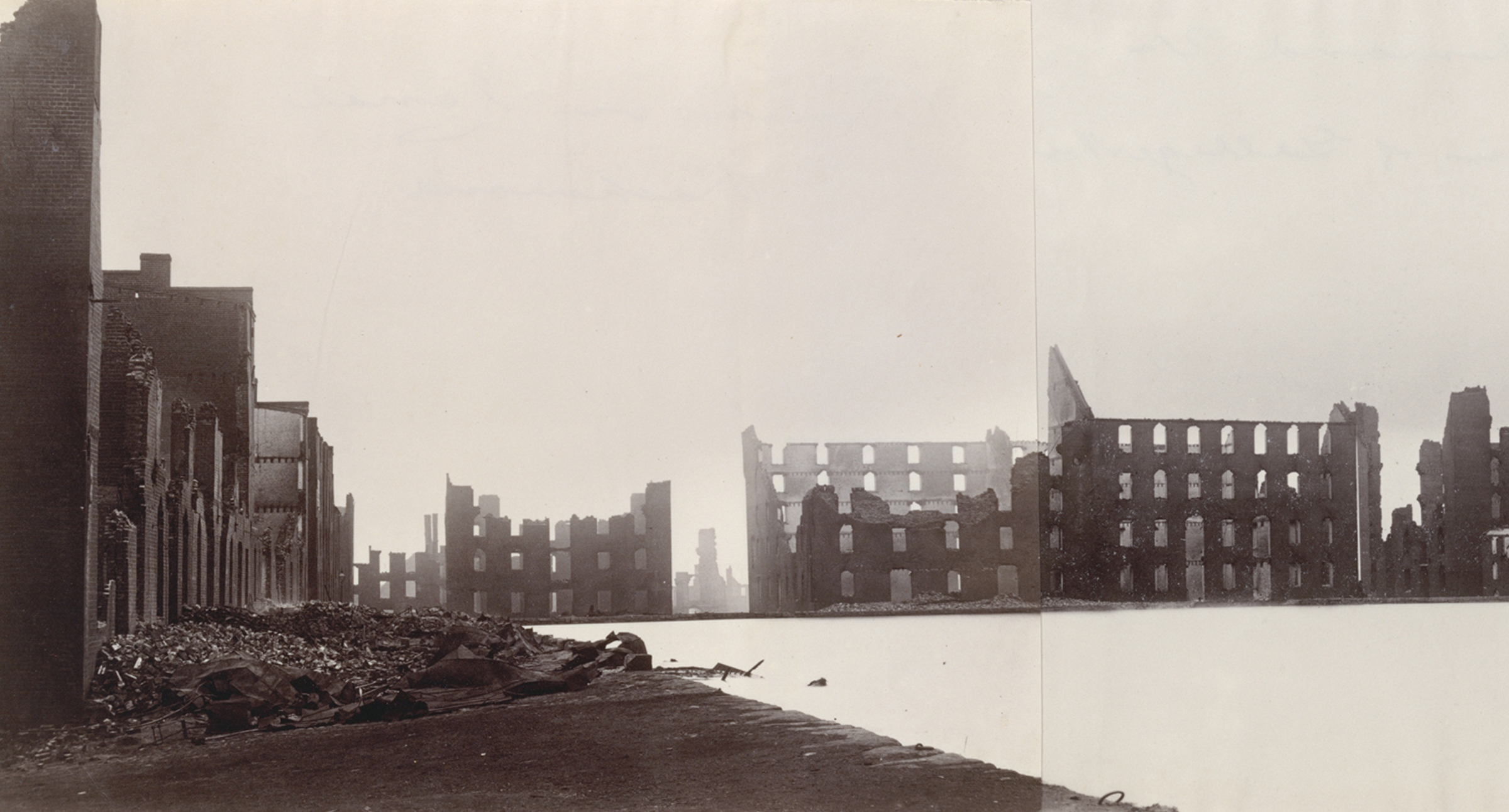Who lives in fear will never be a free man.
—Horace, 19 BCSuspicious Minds
Why are men superstitious?
Men would never be superstitious if they could govern all their circumstances by set rules, or if they were always favored by fortune.
But being frequently driven into straits where rules are useless, and being often kept fluctuating pitiably between hope and fear by the uncertainty of fortune’s greedily coveted favors, they are consequently, for the most part, very prone to credulity. The human mind is readily swayed this way or that in times of doubt, especially when hope and fear are struggling for the mastery, though usually it is boastful, overconfident, and vain.
This as a general fact I suppose everyone knows, though few, I believe, know their own nature. No one can have lived in the world without observing that most people, when in prosperity, are so overbrimming with wisdom (however inexperienced they may be) that they take every offer of advice as a personal insult, whereas in adversity they know not where to turn, but beg and pray for counsel from every passerby. No plan is then too futile, too absurd, or too fatuous for their adoption. The most frivolous causes will raise them to hope or plunge them into despair—if anything happens during their fright that reminds them of some past good or ill, they think it portends a happy or unhappy issue, and therefore (though it may have proved abortive a hundred times before) style it a lucky or unlucky omen. Anything that excites their astonishment they believe to be a portent signifying the anger of the gods or of the Supreme Being and, mistaking superstition for religion, account it impious not to avert the evil with prayer and sacrifice. Signs and wonders of this sort they conjure up perpetually, till one might think Nature as mad as themselves, they interpret her so fantastically.

Ruins of Gallego Flour Mills, Richmond, by Alexander Gardner, 1865. The mill was burned down during the Confederate government’s evacuation of Richmond, Virginia. © The Metropolitan Museum of Art, Harris Brisbane Dick Fund, 1933.
Thus it is brought prominently before us that superstition’s chief victims are those persons who greedily covet temporal advantages. It is they who—especially when they are in danger and cannot help themselves—are wont with prayers and womanish tears to implore help from God. They upbraid Reason as blind because she cannot show a sure path to the shadows they pursue, and reject human wisdom as vain. But they believe the phantoms of imagination, dreams, and other childish absurdities to be the very oracles of heaven. As though God had turned away from the wise and written his decrees not in the mind of man but in the entrails of beasts, or left them to be proclaimed by the inspiration and instinct of fools, madmen, and birds. Such is the unreason to which terror can drive mankind!
Superstition, then, is engendered, preserved, and fostered by fear. If anyone desires an example, let him take Alexander, who only began superstitiously to seek guidance from seers when he first learned to fear fortune in the passes of Sysis; whereas after he had conquered Darius, he consulted prophets no more, till a second time frightened by reverses. When the Scythians were provoking a battle, the Bactrians had deserted, and he himself was lying sick of his wounds, says Curtius, “he once more turned to superstition, the mockery of human wisdom, and bade Aristander, to whom he confided his credulity, inquire the issue of affairs with sacrificed victims.” Very numerous examples of a like nature might be cited, clearly showing the fact that only while under the dominion of fear do men fall prey to superstition; that all the portents ever invested with the reverence of misguided religion are mere phantoms of dejected and fearful minds; and lastly, that prophets have most power among the people, and are most formidable to rulers, precisely at those times when the state is in most peril.

Benedict de Spinoza
From the Theologico-Political Treatise. Tortured and condemned by the Inquisition in Portugal, Spinoza’s parents escaped to Amsterdam, where Benedict was born. He received Jewish schooling but became interested in the historical inaccuracies of the Bible and was excommunicated for heresy in 1656. In 1661 he moved to a small town on the Dutch coast, where he wrote this treatise, initially published anonymously. An influential figure of the Enlightenment, Spinoza died near The Hague in 1677.

